Forest Service, BLM violated law by authorizing exploratory drilling in Washington’s Green River Valley. Conservationists want a permanent solution
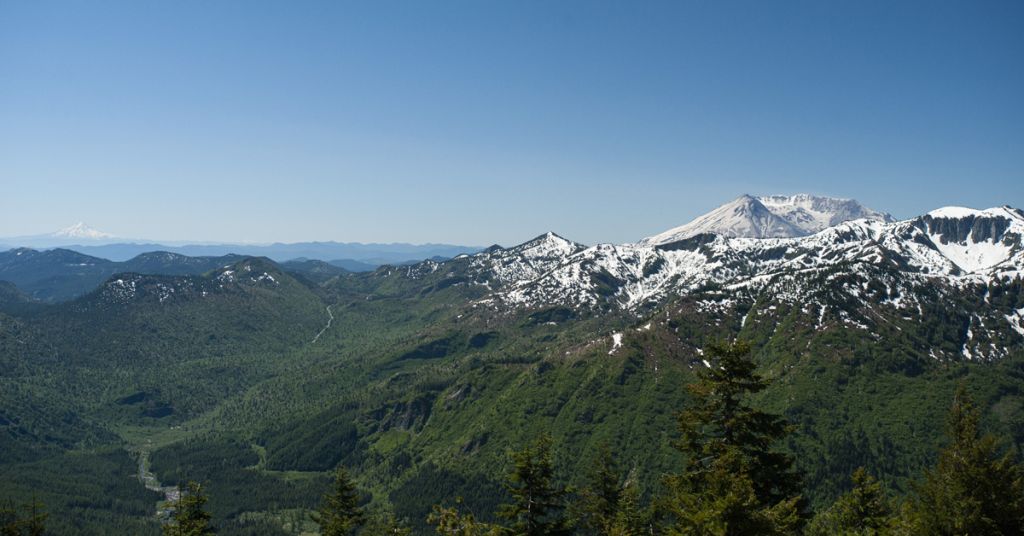
Drill kill: Sprawling beneath Mount St. Helens, the Green River Valley will stay pristine. For now. Photo: Cascade Forest Conservancy
By Jordan Rane, February 15, 2022. Back in 2018, Columbia Insight reported on government approval of a proposed mining project near the headwaters of the Green River, located just outside the boundary of Mount St. Helens National Volcanic Monument.
A geologically unique area, the popular Cascades haven features some of the only nearby old growth forest to have escaped the 1980 Mount St. Helens volcanic blast.
It’s also a stronghold for anadromous fish.
MORE: Green River Valley: The last place for a mine
As we noted at the time, over 20 conservation groups “see the prospect of industrial hard-rock mining around the Green’s headwaters as an immediate and intolerable threat.”
As of last week that threat has been thwarted. For the time being, anyway.
On Feb. 7, a U.S. District Court in Portland formally canceled (“vacated” in legal terms) mining authorizations granted in the region by the U.S. Forest Service and Bureau of Land Management.
The court deemed those permits had been issued in violation of federal environmental law.
Four years to judgment
Last week’s judgment ruled the agencies failed to provide an environmental impact statement for public comment before issuing preliminary mining permits to Canadian prospecting company Ascot Resources.
Permission was instead expedited via a Finding of No Significant Impact (“FONSI”), allowing for exploratory drilling for gold, copper and molybdenum (a trace mineral commonly used in steel alloys) without first consulting the public or properly accounting for recreational and groundwater quality impacts.
“This is a major victory for this beautiful landscape and the many communities that would be negatively impacted by a mine,” said Molly Whitney, executive director of the Cascade Forest Conservancy, in a press release following the court’s decision.
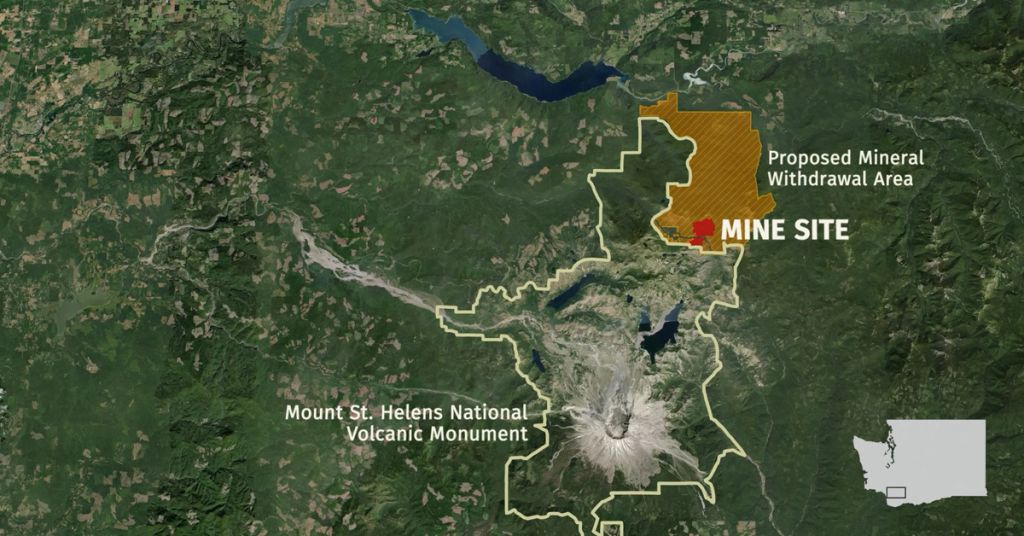
Infographic: CFC and Balance Media
The CFC initially filed its complaint in 2019 after the permits had been approved in 2018.
“A proposed mine here would be an environmental and social disaster,” claimed a CFC online petition. “It would be a threat to world-class recreation opportunities and the southwest Washington economies that depend on them. It would negatively impact threatened salmon and steelhead, harm local wildlife populations and risk contaminating the drinking water of downstream communities.”
The Cowlitz Indian Tribe and the Confederated Tribes and Bands of the Yakama Nation also voiced opposition to mining in a landscape registered as a Traditional Cultural Property of both groups.
MORE: Mount St. Helens road fight enters new phase … slowly
The CFC hopes the court victory will bolster efforts to prevent all mining and prospecting activities in the Green River Valley in perpetuity.
“Companies have repeatedly applied for and obtained prospecting permits from agencies, despite our record of winning court challenges,” said Whitney. “There’s no reason to assume that Ascot Resources or another developer won’t succeed in obtaining permits again in the future.”
Columbia Insight contributing editor Jordan Rane is an award-winning journalist whose work has appeared in CNN.com, Outside, Men’s Journal and the Los Angeles Times.




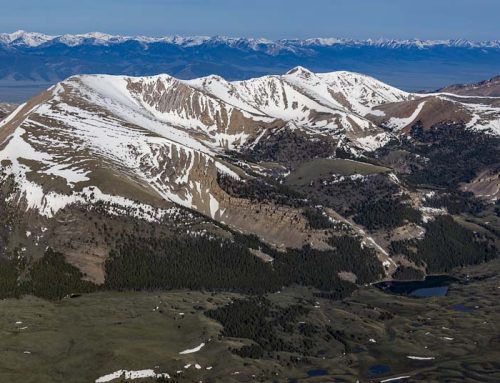
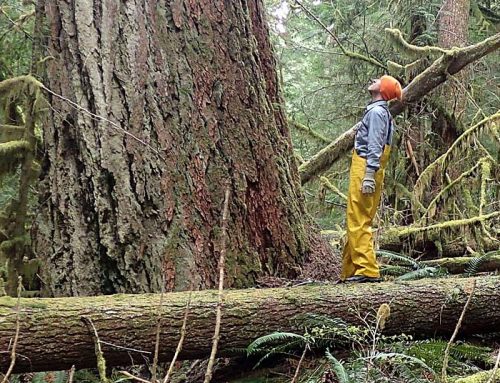
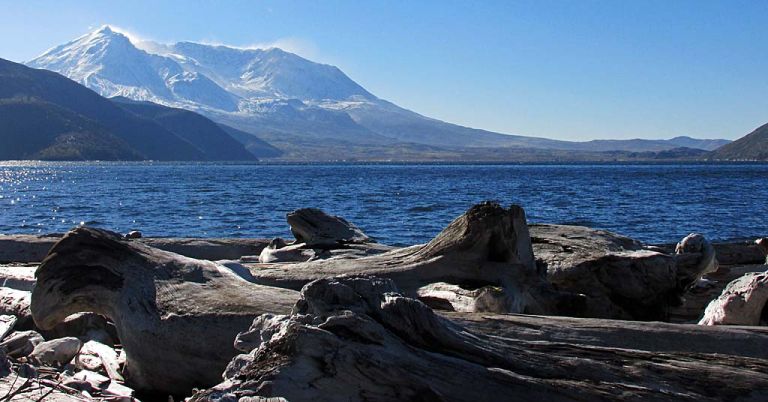
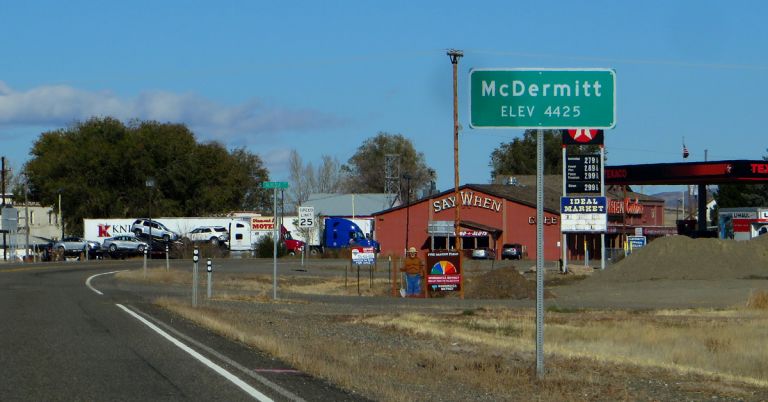
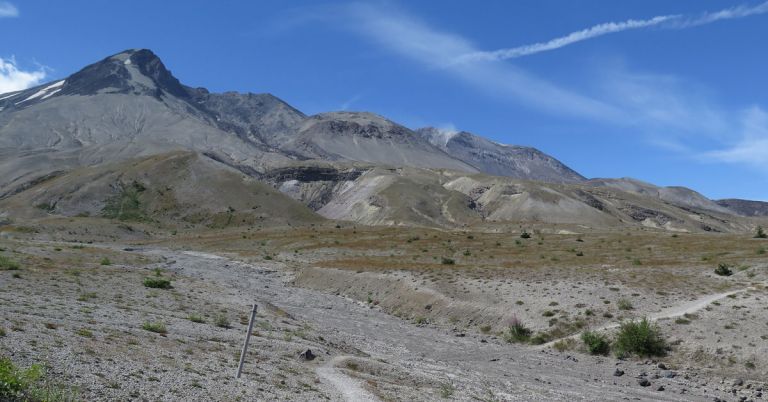
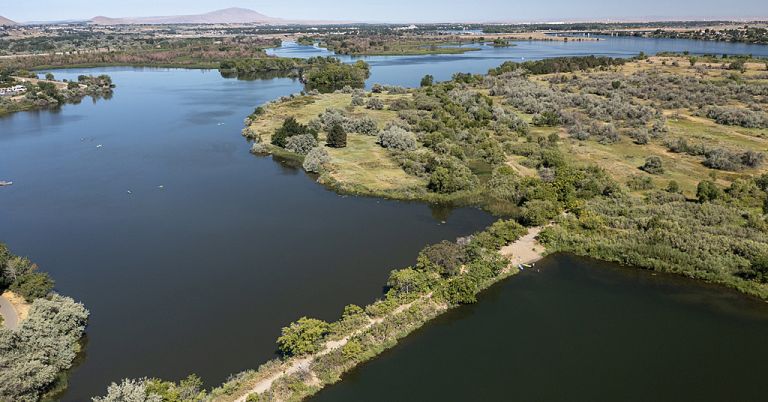


A significant victory!